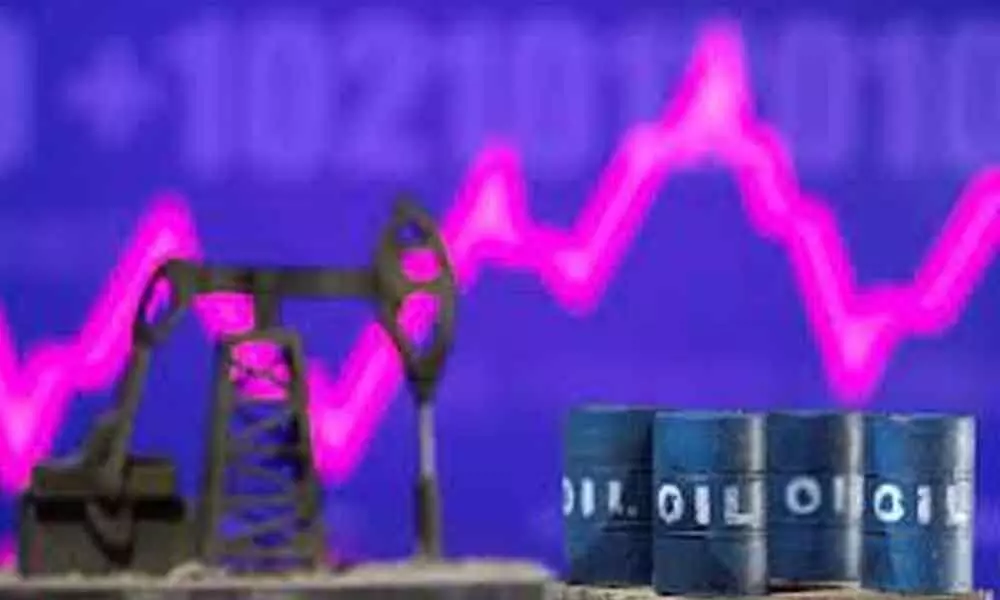Surging oil prices pose risk to economic recovery
Revival from Covid-19 was better than expected until crude price escalation: Ashima Goyal, member, MPC-RBI
image for illustrative purpose

New Delhi: India's economic recovery from Covid-19 is progressing well, with better than expected growth rates, and the trajectory will continue, but persistently high oil prices can play spoilsport, eminent economist Ashima Goyal said on Sunday. Goyal, who is also a member of the Monetary Policy Committee (MPC) of the RBI, further said inflation, which has largely remained within the central bank's tolerance band, was also showing signs of moderating as supply conditions eased because there was no over-stimulus unlike in many western countries.
"India's economic recovery from Covid-19 is progressing well, with better than generally expected growth rates. Higher growth is not just due to a base effect, because Indian growth in 2021 exceeds that of many countries, which had a worse fall in growth in 2020," she told PTI in an interview.
According to Goyal, it points to India's continuation of reforms as well as good macroeconomic policies. She pointed out that India's steep fall in growth during the first lockdown received a lot of adverse publicity but IMF's January growth figures for 2020 and 2021 show many countries to be worse off. Asked what will be the impact of the Ukraine crisis on the Indian economy, the eminent economist said: "The recovery will continue but persistently high oil prices could cause some moderation in growth." Asia's third-largest economy is projected to grow 8.9 per cent in the fiscal year ending March 31, slower than the previously anticipated 9.2 per cent, according to recent government data. Noting that the Budget was based on conservative assumptions this time, tax revenues are buoyant and the divestment process is set rolling, she said, "so the impact may not be major."
According to Goyal, the investment and growth slowdown from which the economy suffered over the last decade was because policy was unable to smooth external shocks. "At present monetary and fiscal policy has some space to smooth the oil shock in a coordinated manner," she said, adding that it should be used to sustain the domestic investment cycle and the resulting job growth.

